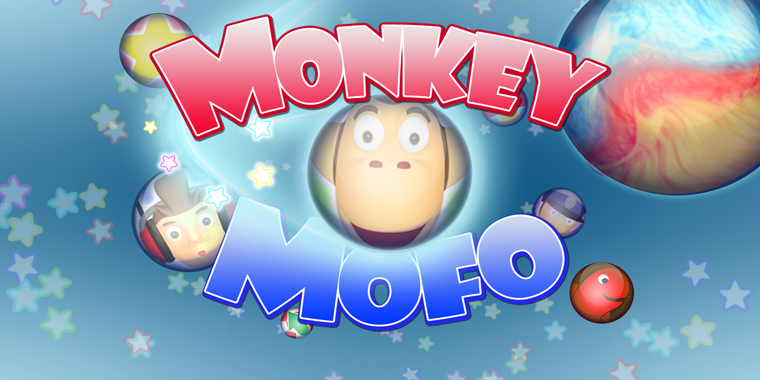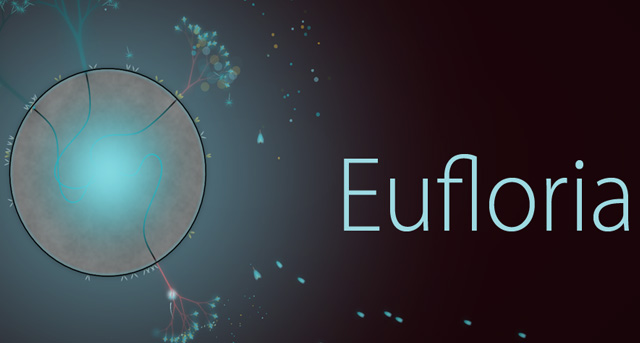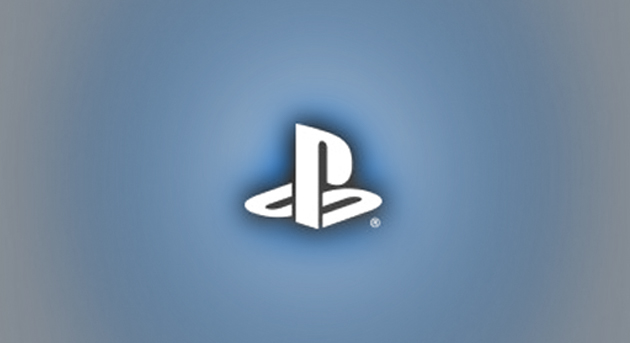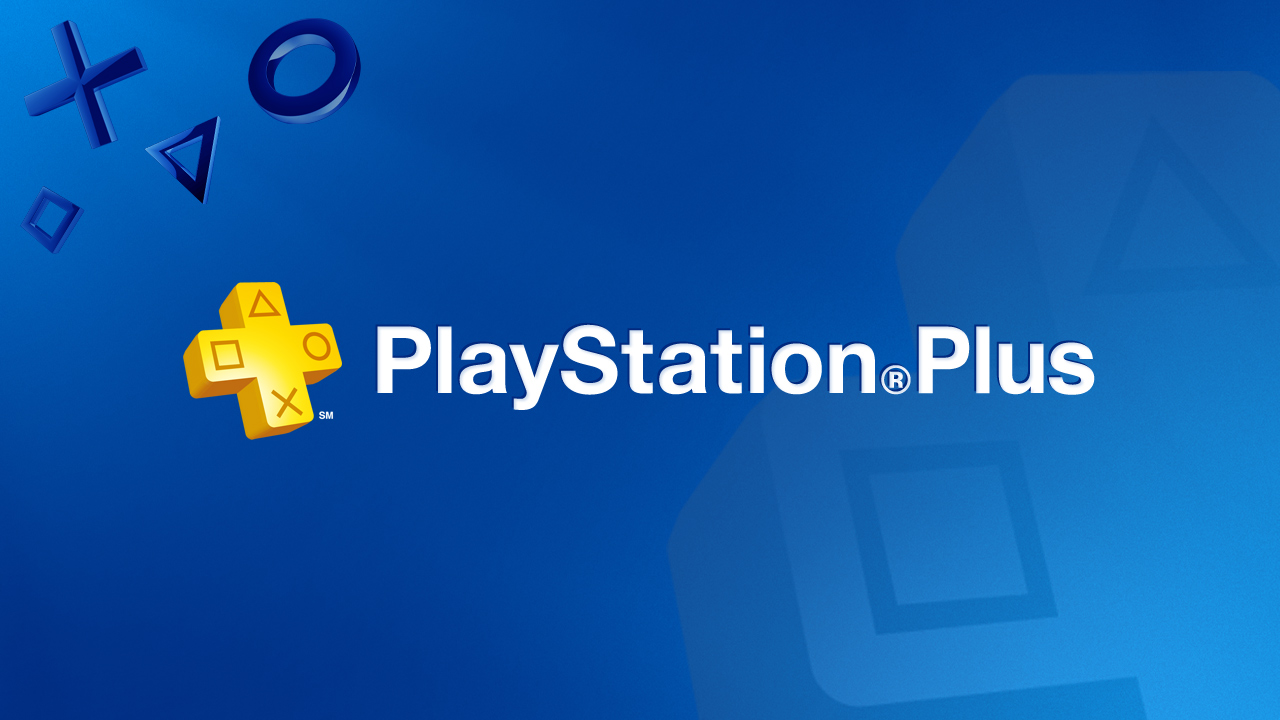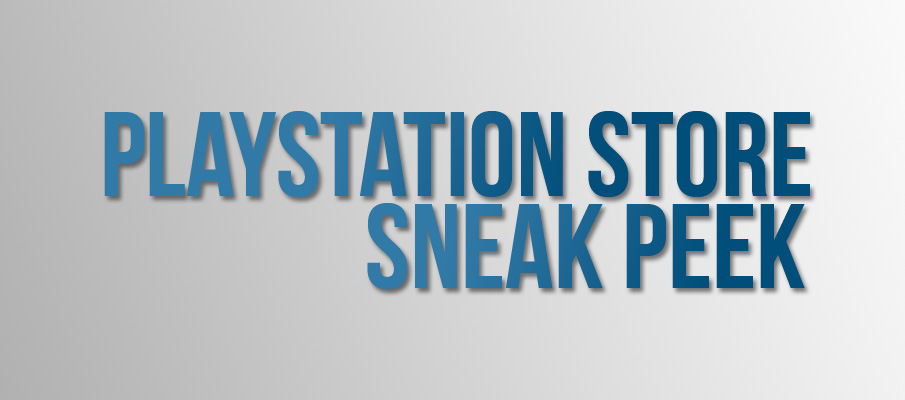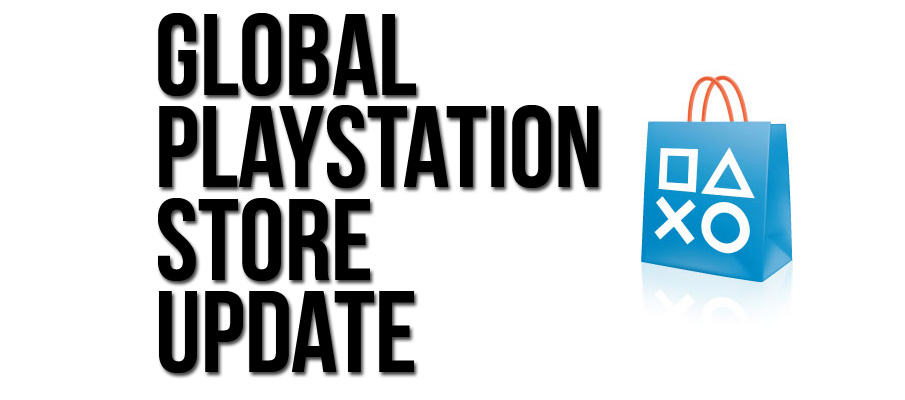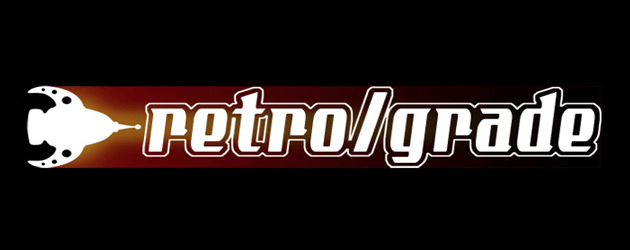
Developer Interview: Retro/Grade
Posted by Chris K on July 2nd, 2010 | 14 Comments | Tags: 24 Caret Games , Interview , Retro/Grade
Last July a certain IGF nominated indie-game was announced to be coming to PSN on the Official PlayStation Blog. The game I am talking about is Retro/Grade. Since that announcement, the team over at 24 Caret Games has been hard at work prepping the game for PS3. I had the chance to interview Matt Gilgenbach, Co-Founder of 24 Caret Games, recently and we have some new screens and details about Retro/Grade for you all 🙂
First here is a quick little trailer that shows what the game used to look like. All the screens after this trailer will be from the PS3 version of the game.
PSNStores: Retro/Grade was announced a year ago on the PSBlog, what’s been done to the game since then, in terms of features added or changed?
Matt Gilgenbach: The quality bar is high for PSN games, so we’ve been working really hard to make an all-around better experience from the early prototype we showed at the Independent Games Festival in 2009. We’ve done so much work that it’d be impossible to list everything that has been added or improved. However, I can certainly list a few.
Previously, we weren’t sure what platform the game would end up on, so our initial prototype was not too graphically impressive. However, now that we are releasing on Playstation 3, we have a lot of graphical horsepower to work with. We’ve redone pretty much all the graphics to make the game look really snazzy on your HDTVs – especially because Retro/Grade runs at Full HD (1080p) at 60 fps with anti-aliasing.
The graphical overhaul is the most noticeable change, but there are countless gameplay improvements. Retro/Grade now has power ups and power downs to keep the gameplay fresh and to make it feel more like a shooter. We’ve worked on some epic reverse boss fights, but we aren’t ready to talk more about them yet. Retro/Grade now features all new and more interesting patterns for the levels. We’ve focus tested Retro/Grade in order to find out all the rough edges and smoothed them out. Retro/Grade is a unique game unlike anything out there, which is always a good thing because it’s fresh, but it also makes it harder for gamers to pick up and play – especially because they have to wrap their minds around time going in reverse. In order to address this, we’ve done a ton of work on the tutorial sequence.
PSNS: In terms of gameplay, Retro/Grade may resemble a side scroller at first, but at closer inspection, the game is more akin to a rhythm game. How did you come up with the concept for the game?
MG: When we first started 24 Caret Games, we were working on a demo to pitch us as a team. In order to tune the gameplay, we created a debugging mode that allowed us to back up time in order to repeat sections to tweak them. My co-worker, Justin Wilder, thought that it’d be really neat if we created a game where you could play sections of the game in reverse. I couldn’t think of a way to make that work for the demo we were working on at the time. When we decided to self-fund a project, we wanted to do something that was unique in order to stand out in a crowded marketplace. Justin’s idea stood out in my mind as something that could be really cool, so I tried to think how would a game work if you were playing it when time is reversing. A shooter with the shots timed to music seemed like a great fit for a premise for a game with time reversed.
PSNS: The difficulty settings look to be the same as difficulty settings in Guitar Hero or Dance Dance type games, i.e. the harder the difficulty, the more bullets you have to dodge. Is that true?
MG: Yes. We increase the difficulty in a few ways. Firstly, we have more lanes for the player ship for the harder difficulties than the easier ones. Secondly, we have more complex rhythms for the player shots – the things that the player has to press the fire button to undo. Thirdly, harder difficulties also have more frequent lane changes. Lastly, the harder difficulties have more enemy shots that the player has to avoid by moving out of the way of their path. We feature many difficulty levels, so everyone should be able to enjoy the game regardless of skill level.
PSNS:Is there a combo system for multipliers like other rhythm games? What happens if you miss a shot? Will it simply break the combo or do worse?
MG: We do have a combo system for multipliers. If you miss a shot or get hit by enemy fire, your streak is broken and the multipliers reset. Every mistake you make causes damage to the space/time continuum because it is inconsistent with the way the events unfolded when time was going forward. If you make too many mistakes, then the entire continuum will be destroyed, and it will be the end to the universe as we know it.
PSNS: Will there be a finite number of retro/rocket undo moves, or will you be able to rewind whenever, like in Braid?
MG: For a rhythm based game, if the player can undo his/her mistakes infinitely, the game doesn’t present much of a challenge. Because of this, in the regular gameplay modes, the amount of Retro/Fuel is limited. However, we have a practice mode where the player has unlimited Retro/Fuel, so he/she can keep playing the difficult sections over and over in order to get them right.
PSNS: You can wield either a guitar or a controller to play the game. Do you think either control scheme has a bigger advantage?
MG: We’ve worked very hard to create a balanced gameplay experience with both controllers. However, the way the control schemes work is different. With the guitar control scheme, the ship moves to the lane of the fret button you are pressing almost instantly. When you are playing with a gamepad you move up and down in lanes as fast as you can press up and down on the d-pad. Because of this, there are certain elements that are more challenging on the d-pad and some that are more challenging with the guitar controller. We balance the elements that present the challenges for the different control schemes in order to prevent either controller from having an advantage.
In gameplay tests, there is a pretty much even split when it comes to controller preference. We are designing the game to be equally fun with both control schemes, so players with a preference shouldn’t feel like they are missing out.
PSNS: This Holiday season Sony will be releasing their motion-controller for the PlayStation 3. Are there any plans currently to implement support for this device?
MG: Although I am personally excited about Move, we haven’t figured out a way to use its unique strengths for Retro/Grade. We don’t want to support a controller if it is going to be less fun than others. It is already quite a task making sure the game is really fun with both the guitar controller and the gamepad.
If we think of a way to control the game with Move that will be really fun, then we’ll put in support for it. However, I am always coming up with game ideas, and I have some that are a great fit for Move, so we may support it in future games.
PSNS: Many users on PSN base their decision to buy a game based on a demo. Will there be a demo available at launch?
Yes. We feel that “try before you buy” is a necessary feature for digitally distributed games.
PSNS: Do you have a planned release window currently and have you decided on a price?
MG: Since we are self-publishing, we have the flexibility of releasing the game whenever we want. We are adopting the release schedule of many successful developers and are releasing the game “when it’s done”. Developing a game like Retro/Grade with such a small team (2 full time employees) is really tough, but it’s really a labor of love, so we want to release something that we are really happy with despite the financial risks of a long development cycle.
The problem with game development (and all art forms) is that you never REALLY finish. There just comes a point where you stop working on them, but you always have a ton of ideas on things you could add or improve. This is the first game I’ve worked on in my career with a flexible release window, so it is very tough to resist the temptation to keep working on it indefinitely. However, at some point, 99% of your audience won’t really notice or appreciate the extra work you put into the game. That being said, I am confident we will release it sometime in 2011, but I can’t really narrow it down too much further.
I would like to thank Matt for taking time out of his busy schedule to answer these questions. We look forward to seeing more of this game soon. For more info about Retro/Grade or 24 Caret Games check out their website or Twitter account.









